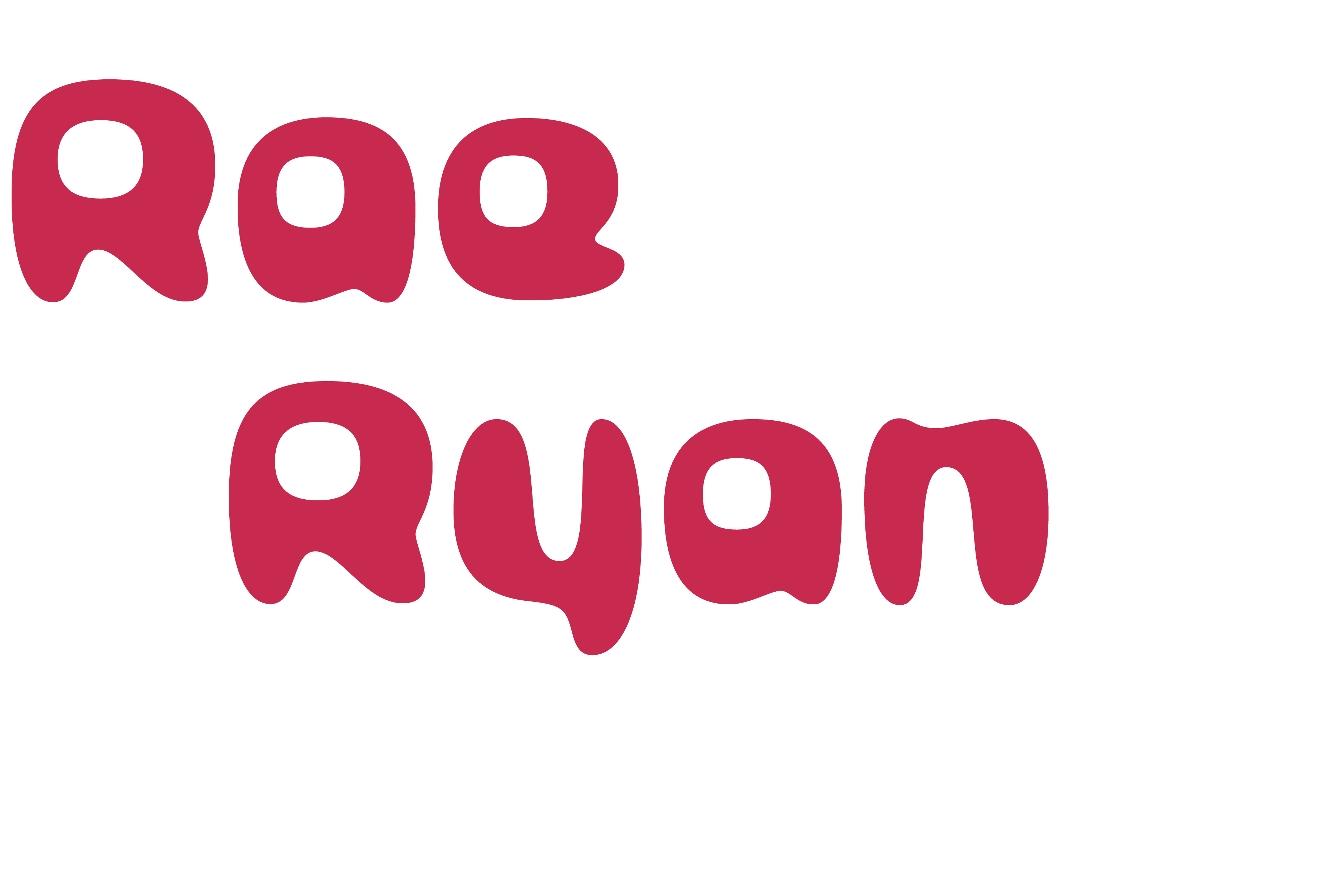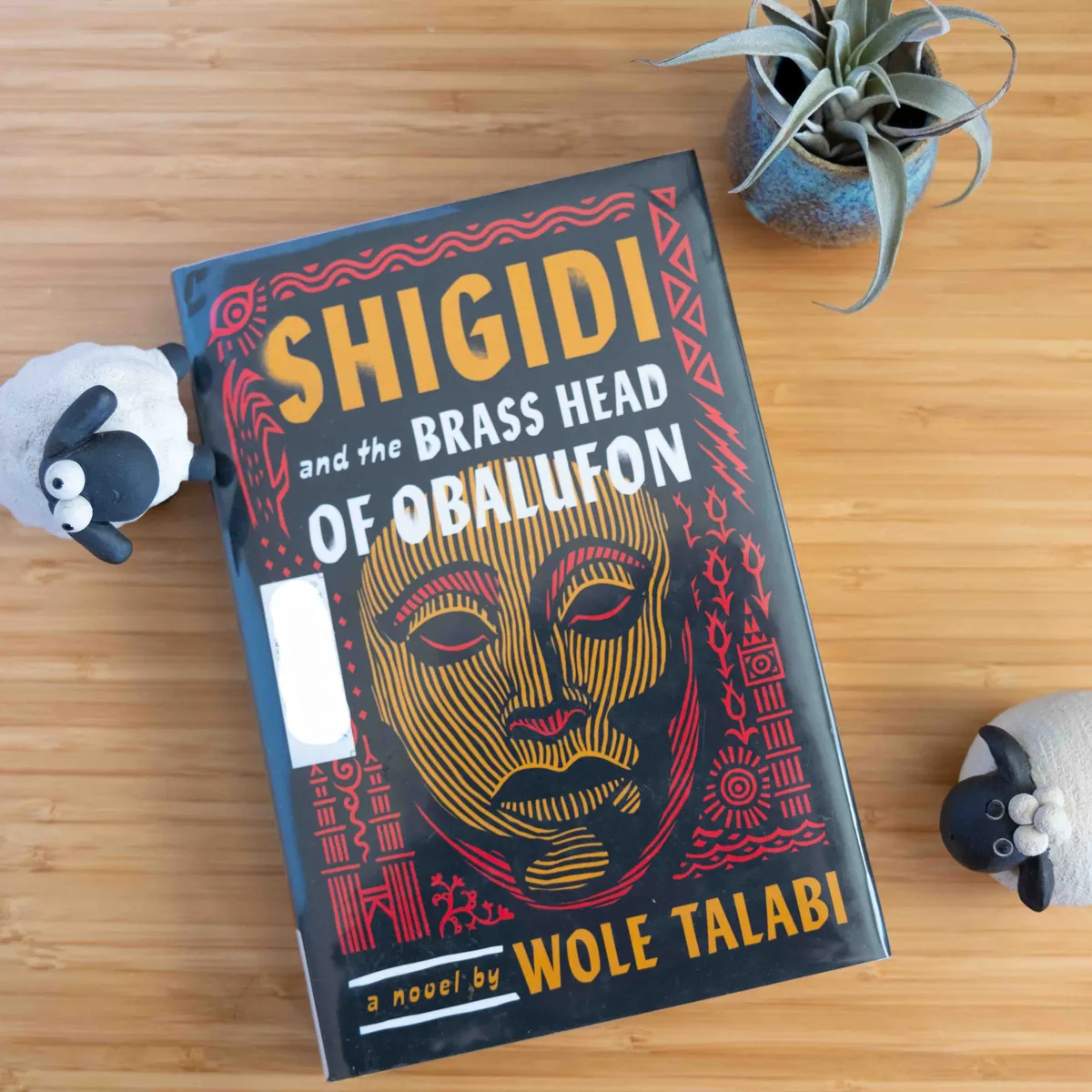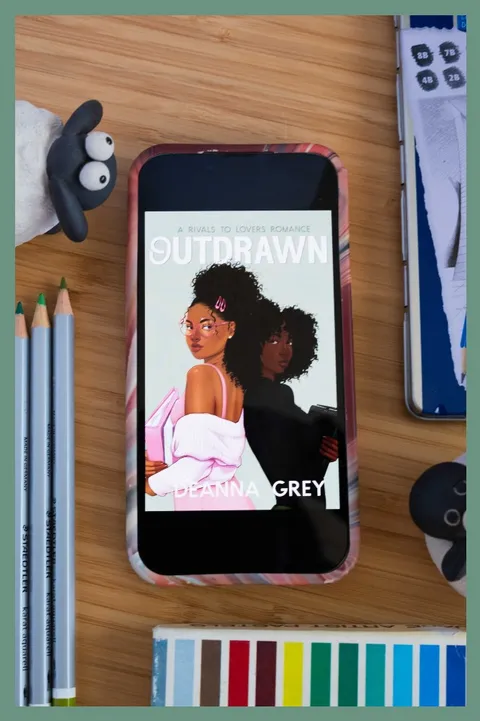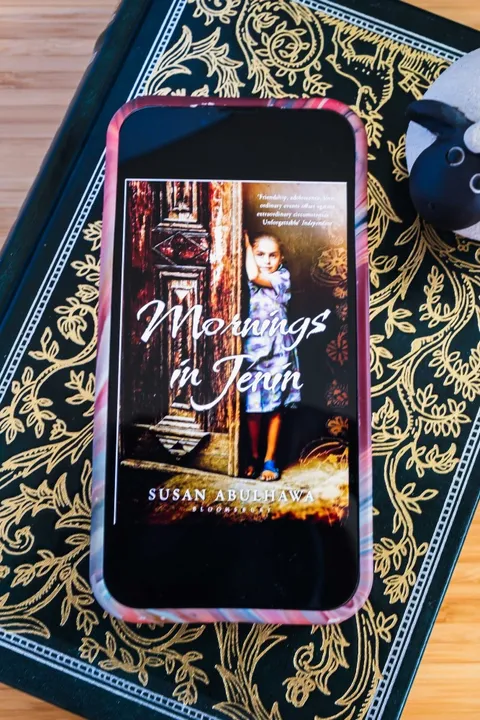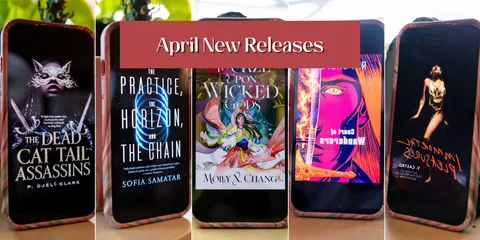Blending Religious Traditions in a Cross Genre Fantasy
I’ve grown tired of Greek and Roman reimaginings. We’ve had so many, and the stories are shades of each other. I’m enjoying new worlds and gods, or worlds and gods who are new to me. I’ve read a book or two featuring Orisha, divine spirits in West African Yoruba religion, and I’ve enjoyed learning about the Orisha’s powers and proclivities.
Recently I read Shigidi and the Brass Head of Obalufon by Wole Talabi. It takes place in a contemporary world where religions vie for market share for their respective corporate entities. Shigidi is a disenchanted nightmare god in the Orisha Spirit Company, scraping by in the face of truly relatable corporate greed. When an assignment has him facing off with Nneoma, a succubus-like entity, she offers him a different life as a freelance partner, and he can’t refuse the offer for something like freedom.
The past and present are woven together to tell their respective stories as they take on a daring heist and wrangle with their feelings for each other. The story hops forward and back in time to relay background details cinematically, which was far more entertaining than info dumping past events, like how a magician came to be in Nneoma’s debt, what happened to her beloved sister, and how the former CEO of the Orisha Spirit Company ended up holding a debt of his own.
Reading as a writer, this book is worth an in depth read for description and story structure. As someone who can’t see description in my mind’s eye, I skim descriptive paragraphs or zone out. Talabi often uses personification to describe places, liking a round building with two windows facing the street to a suspicious house. I’m actually able to relate to his descriptions and they enhance the story for me in ways I never get to enjoy because of the way my brain works.
If I like it, then some people will probably want more description. Those who can imagine a scene vividly and want as much detail as they can lay their hands on might not enjoy it as much as I did. I listened to this book on audio, and the narrator is fantastic. I plan to read it again as a physical copy to study his descriptive style and, through osmosis, enhance my descriptive writing in a way that works for me.
When it comes to diversity, most of the characters aren’t white, except for a magician, who is typified as a problematic white gay man, something I found funny and relatable. The settings aren’t western either, spending time in Nigeria and Egypt.
I’m trying to apply the Johanson analysis to books as an alternative to the Bechdel-Wallace test, since it’s better suited for critique. Nneoma has growth as a central character in the story. She develops and confronts her fears. I found her desire for independence incredibly relatable, along with her frustration with living in an unsafe world that requires her to make alliances for her own safety. She isn’t a damsel in distress and she’s equally active and effective in fight scenes. The question of the male gaze is tricky since she’s a succubus, and she often refers to her nature as inherently sexual, so most of her interactions are with men and involve a sexual component. I think, if there’d been a secondary female character she interacted with and they discussed her inner life outside of her sexuality or men, it would have rounded the character. Even the most sex positive people with an active sex drive aren’t consumed by sex and relationships.
The last critique I have is the anti-fat language used occasionally. Describing someone as fat and using it only as a description like thin, tall, or short, is perfectly acceptable and normalizes using fat as a non-offensive descriptor, though I acknowledge that society makes a negative association with the word fat. What isn’t body-neutral is words like corpulent, which is used a few times in the book and invokes a character who is distasteful or a throwaway character, like the useless guards during the heist. This is prevalent everywhere in fiction so it’s not exceptional here or the most egregious example, however it’s important to acknowledge and know before going in.
I enjoyed the book very much and would recommend it to anyone looking for a fast-paced, urban-fantasy style book with compelling characters and a fascinating world.
/rae ryan/
